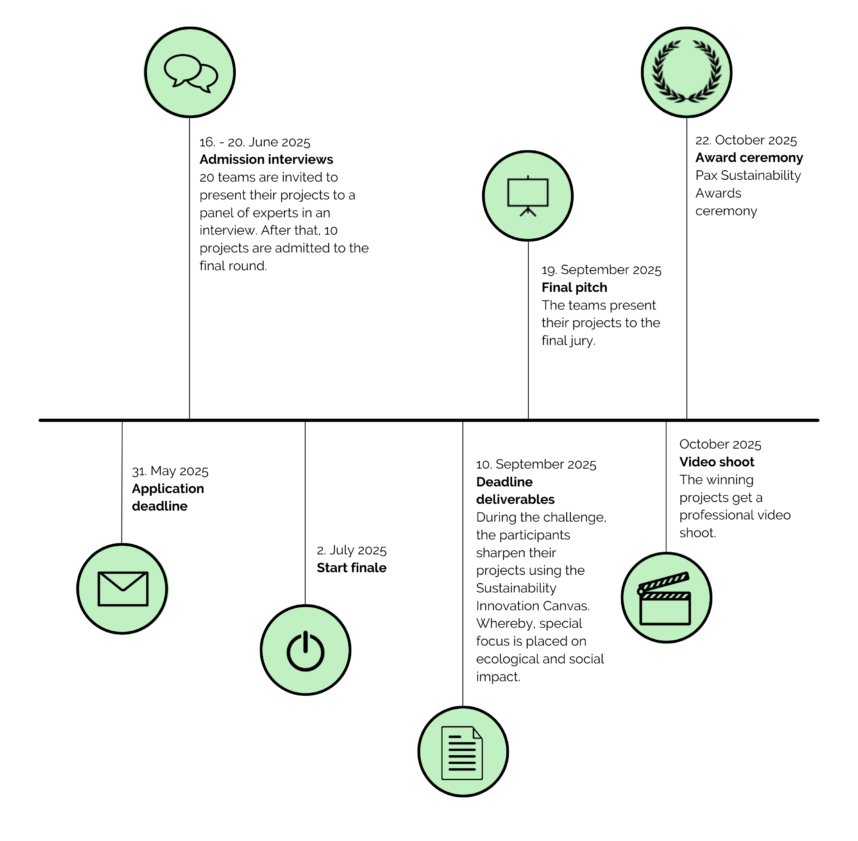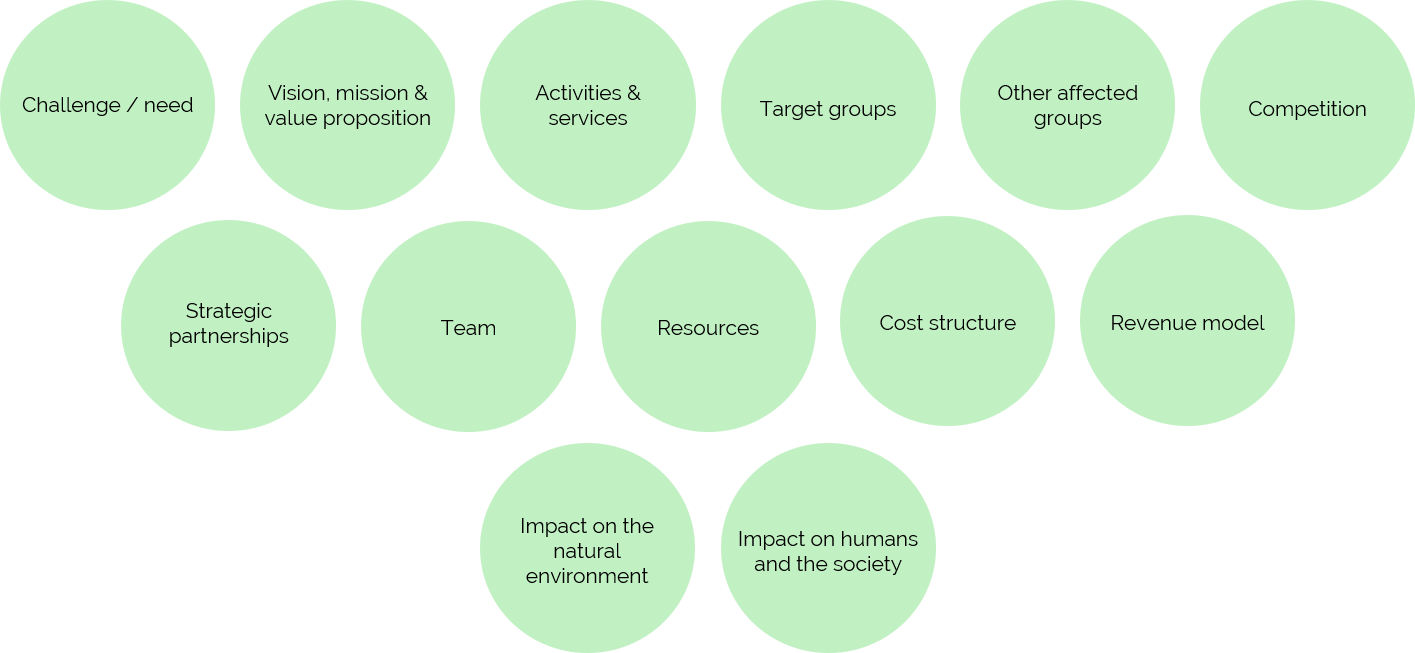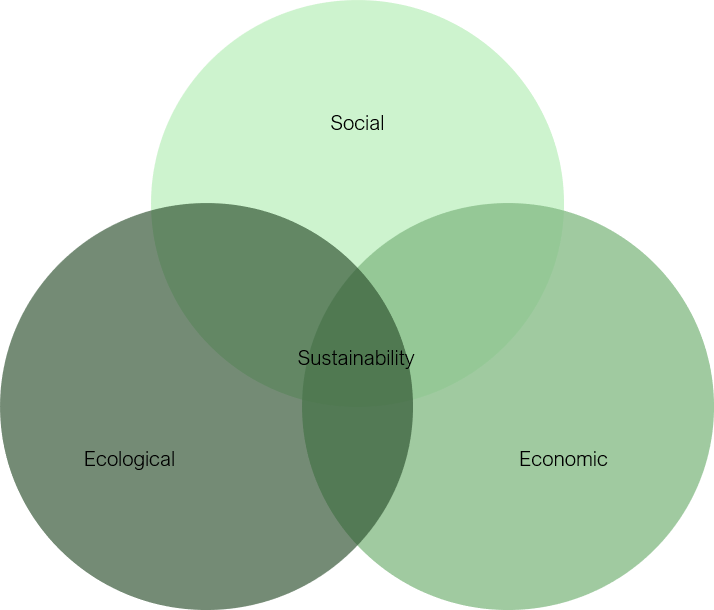About us
The Swiss Sustainability Challenge (SSC) is a competition organized by the University of Applied Sciences and Arts Northwestern Switzerland (FHNW) and Pax, which has been making a measurable contribution to sustainable development since 2017. The call for participation is aimed at individuals or teams who promote social and environmental sustainability with a project, regardless of whether it is a start-up or a non-profit venture and whether the projects are still at the very beginning or have already taken the first steps towards implementation. While the focus used to be primarily on students as the Swiss Student Sustainability Challenge, the SSC is open to all young people and their ideas.
The SSC actively supports and encourages young people to develop their ideas into projects and to implement them successfully. They benefit from individual coaching by our experienced experts, free participation in our seminars and workshops, and the opportunity to network with other teams. The three most convincing projects are awarded the Pax Sustainability Award by a jury.
Goal
Promoting sustainable project ideas of young people and thus contributing to sustainable development is the goal of the Swiss Sustainability Challenge. The better we promote innovative ideas and projects of start-ups or nonprofit organizations, the more impact we can achieve. We therefore support and accompany innovations that address social and environmental challenges and thus contribute to sustainable development with everything it takes to make a project successful.
Process

Offer
The Swiss Sustainability Challenge provides participants with services and other benefits worth around CHF 70'000, of which CHF 20'000 is distributed as prize money for the best three projects. Participants benefit from a comprehensive support program, whereby they are free to decide which offers they would like to make use of, depending on their individual level of knowledge and needs. All support services are free of charge for the participating teams.
Seminare, Workshops & Netzwerk
Participants can attend seminars and workshops on various topics related to innovation and foundation of a business in order to develop their skills in a targeted manner. In addition, we organize events where participants can exchange ideas and make valuable contacts with experts and other key people.
Coaching
As each project is unique, so are our coaching sessions. They are the central element of support in the Swiss Sustainability Challenge. Each of the ten finalist projects is therefore entitled to 5 hours of coaching and the project that wins first prize receives an additional 10 hours of coaching. Our coaches from various specialist areas support the participants if they have specific questions.
Sustainable Innovation Canvas
For the systematic development of their project, the participants are provided with the Sustainable Innovation Canvas, which can be used to present sustainability-oriented projects in a structured way. The canvas brings together elements and findings from existing tools and also specifically incorporates ecological and social aspects and impacts. Of course, teams in the final round can also submit a "classic" business plan or project plan instead. However, it is important to ensure that the central aspects of the project listed in the Sustainable Innovation Canvas are addressed, as these must also be presented and explained in the final presentation. The finalists have two months to prepare a detailed description of their project. The evaluation of the teams by the final jury will be based on this document and the final presentation.
Pax Sustainability Award
The Swiss Sustainability Challenge honors three winning projects with the Pax Sustainablity Award.
Evaluation
The evaluation scheme of the Swiss Sustainability Challenge is based on the Sustainable Innovation Canvas developed by the FHNW, which combines elements and findings from existing instruments - namely the Sustainable Innovation Plan (Daub et al. 2020), the Sustainable Business Canvas (Tiemann & Fichter, 2016), the Ecocanvas (Daou et al, 2020), DIN-SPEC 90051-1 (DIN, 2020) and the Social Reporting Standard (Social Reporting Initiative, 2014). The Sustainable Innovation Canvas is an instrument for the systematic (further) development of young organisations in different development phases and with different business models (e.g. non-profit, for-profit, social start-ups) and focuses in particular on the ecological and social impact of the projects.
The participants are evaluated by the jury on the basis of 13 criteria according to a four-level point system:

The evaluation is initially carried out individually by all jury members. Since experience has shown that the weighting and significance of the 13 criteria varies from project to project and is also assessed differently by the jury members, the marks awarded serve merely as a basis for discussion. The final decision on the teams that make it to the final round after the first phase and the three winning projects is made by the jury by consensus after a discussion.
Sustainability
A concept on three pillars

Sustainability is much more than "just" fighting climate change. To satisfy their material and immaterial needs, people need economic well-being and a society based on solidarity. That is why the concept of sustainability is based on three pillars: social, economic and ecological. Sustainable development can only become a reality through the simultaneous and equal implementation of goals in all three sub-areas.
Social sustainability
Improving the quality of human life and coexistence is the ultimate goal of sustainable development. The topics include, among others, human rights, health, equality or inclusion.
Economic sustainability
The well-being of people can only be enhanced by promoting economic development that enables greater prosperity without negatively impacting social, environmental and cultural aspects of the community.
Ecological sustainability
Responsible and efficient use of natural resources secures the ecological livelihoods of people today and in the future.
Economic, social and ecological processes are closely interlinked. The Swiss Sustainability Challenge therefore specifically promotes projects, initiatives and start-ups that keep all three dimensions in mind and thus make an effective contribution to sustainable development.
The Sustainable Development Goals (SDGs)
The Sustainable Development Goals (SDGs), developed by the United Nations and enacted in 2015, are a universal call to action to improve the social condition of people on Earth while protecting the planet so that future generations can still live humanely. The 17 goals have been adopted by all UN member states and are part of the 2030 Agenda for Sustainable Development, which sets out a 15-year plan to achieve the goals. The SDGs cover topics and issues from all three dimensions.
The Pax Sustainability Award
The participants of the Swiss Sustainability Challenge benefit from the support of experienced coaches in individual consulting sessions, as well as free seminars and workshops. The winning projects are awarded the Pax Sustainability Award and receive the following benefits:
1st place 10’000 CHF
of which CHF 6'000 are paid out in cash, CHF 2'000 in the form of a professionally produced video and CHF 2'000 in the form of additional 10 coaching hours
2nd place 6000 CHF
of which CHF 4'000 are paid out in cash and CHF 2'000 in the form of a professionally produced video
3rd place 4000 CHF
of which CHF 2'000 are paid out in cash and CHF 2'000 in the form of a professionally produced video
Payment of the prize money is only possible to the extent of the share intended as a cash amount and is made to a legal entity (company, association, etc.) entered in the commercial register or a sole proprietorship with an entry in the commercial register. Registration can take place before or during the Challenge, but must be completed before the prize money is paid out.
